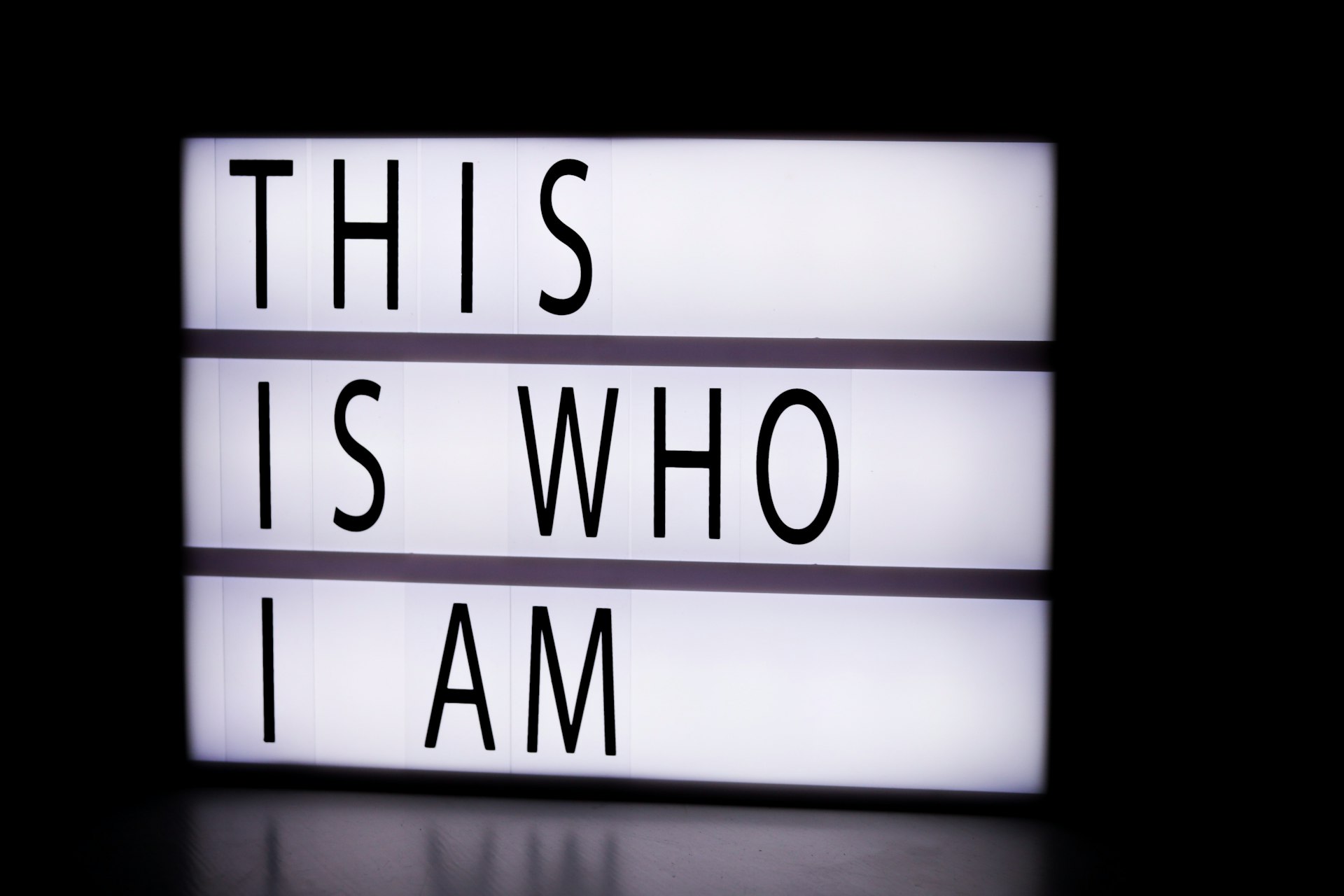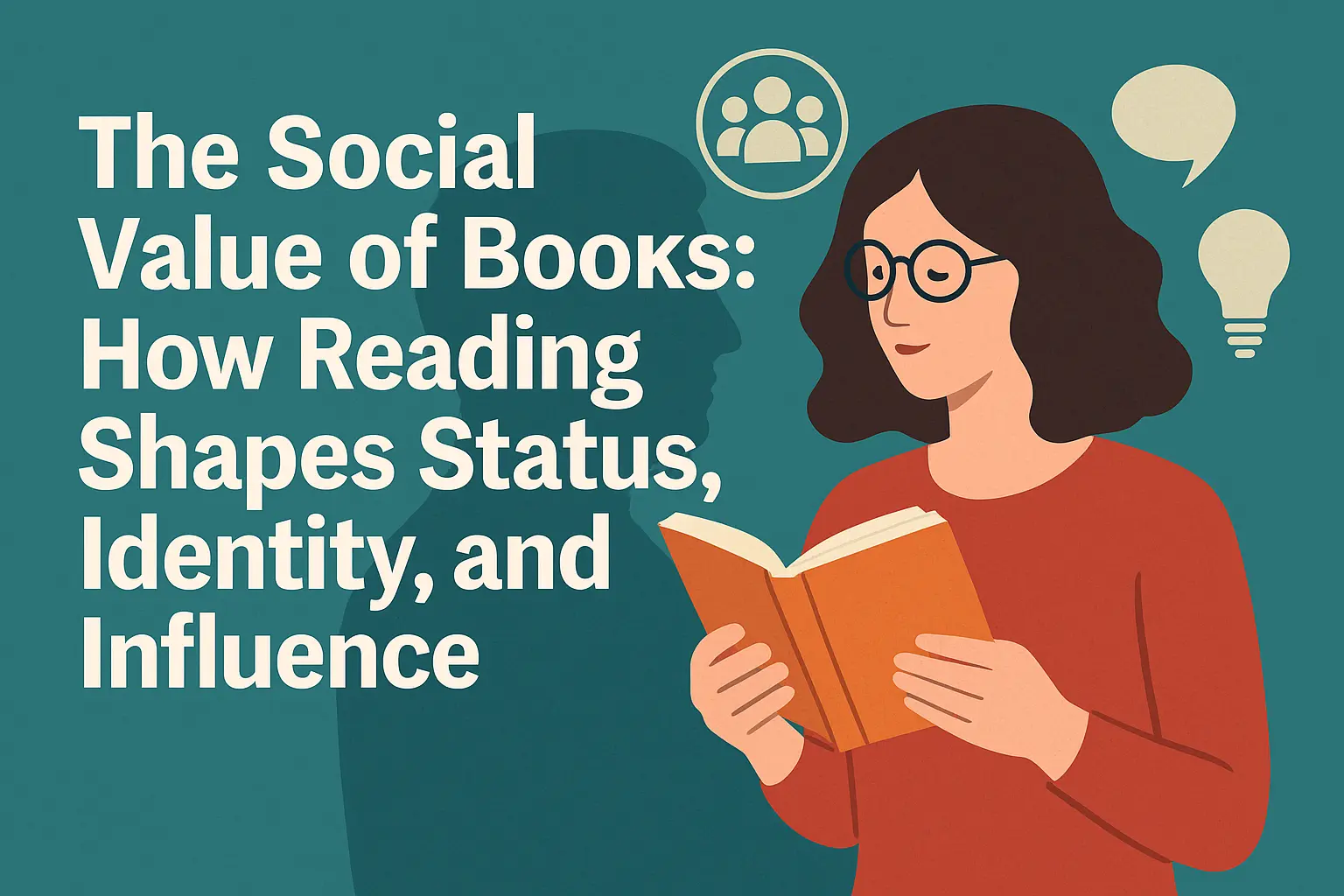The Social Value of Books:
How Reading Shapes Status, Identity, and Influence
Books have long served as one of humanity’s most powerful tools for the transmission of knowledge. Before the advent of digital media and the internet, books were the primary medium for preserving and sharing ideas. Even today, they continue to be seen as credible, respected sources of intellectual and cultural capital in modern society.
Reading books, therefore, is not only an act of personal development but a social investment—one that strengthens your standing in society. Books are an essential part of human identity and cultural history, having played a crucial role in shaping societies throughout time. But how exactly can reading elevate an individual’s social status? This article explores the relationship between books and social standing.
Strengthening Personal Identity
Books help individuals better understand themselves and their roles within various cultural and social contexts. Reading works by diverse authors across a wide range of topics enables readers to gain new perspectives and foster deeper self-awareness. This personal insight often leads to greater social effectiveness and influence.

Books on philosophy, psychology, history, and culture particularly enrich personal growth and self-discovery. Encountering new ideas challenges readers’ moral assumptions and life goals, enhancing emotional depth and intellectual clarity—traits that naturally garner greater social respect.
Expanding Knowledge and Cultural Awareness
Books are vast reservoirs of knowledge. Through regular reading, individuals build intellectual wealth that enhances their ability to participate meaningfully in social and cultural conversations. A well-informed person is often more respected, especially in professional or academic settings.
Whether reading nonfiction, fiction, or literary works, readers accumulate broad knowledge that equips them with insight and clarity. This often leads to more articulate, meaningful contributions to discussions and greater professional credibility.
Developing Communication Skills
In addition to enhancing knowledge, reading improves communication skills. Exposure to various forms of language expands vocabulary, deepens emotional expression, and refines a person’s ability to articulate complex thoughts. This leads to stronger interpersonal skills and greater influence in social settings.
Fiction teaches the subtle art of emotional connection, while nonfiction and technical books improve logical expression and structured argumentation. Together, they produce confident, clear communicators who earn admiration and trust.
Fostering Critical Thinking
Books challenge readers to think independently, assess information, and see issues from multiple perspectives. This cultivation of critical thinking is essential to making sound decisions and forming well-rounded opinions.
People who read widely are more likely to engage in thoughtful reflection, embrace complexity, and propose innovative solutions—qualities that elevate their social and professional profiles.
Boosting Confidence
Reading builds confidence by equipping individuals with valuable knowledge and perspectives. When people feel informed, they are more comfortable contributing to conversations, whether in casual gatherings or formal settings. Confidence rooted in knowledge translates to stronger social presence and credibility.
Reading motivational, philosophical, and self-help books also nurtures a positive mindset, helps overcome self-doubt, and strengthens resolve. These internal transformations manifest externally as self-assurance and charisma.
Creating Social Connections
Books act as bridges between individuals. Whether through book clubs, literary events, or online communities, shared reading interests facilitate meaningful social interactions and opportunities for personal and professional growth.

The ability to engage in informed, enriching conversations about books naturally draws people together. Readers often find it easier to form friendships, network, and participate in intellectual circles.
Impacting Society and Culture
At a broader level, books shape public discourse and influence cultural development. Writers, scholars, and readers alike contribute to the cultural and intellectual fabric of their communities. Individuals engaged in publishing, research, or cultural dialogue often enjoy higher societal status.
Books have historically been the catalysts behind major social, political, and philosophical movements. Through the written word, thinkers have introduced new paradigms and sparked widespread change.
Reading empowers individuals to connect seemingly unrelated ideas, understand complex issues, and engage in cultural and civic life with clarity and vision. This makes them valuable contributors to a society’s progress.
Shaping Public Thought
Books play a significant role in shaping public opinion. Authors who share new insights and narratives often spark changes in cultural norms and values. Their ideas can shift perspectives, mobilize communities, and inspire transformative action.
Notable historical figures—like Karl Marx, John Stuart Mill, and Friedrich Nietzsche—used books to articulate revolutionary ideas that continue to shape modern thinking. Reading such influential texts cultivates depth, perspective, and intellectual influence.
Final Thoughts
Books are investments that always yield returns.
More than mere educational tools, books offer gateways to personal, social, and cultural growth. Societies that value reading tend to be more informed, developed, and empathetic.
In an increasingly complex and interconnected world, strong communication, critical thinking, and cultural awareness are more important than ever—and all are nourished by books. Reading enhances not only personal development but social stature. It makes us smarter, more articulate, and ultimately, more impactful members of society.
To read is to rise—not only as an individual but as a citizen of a thoughtful and evolving world.